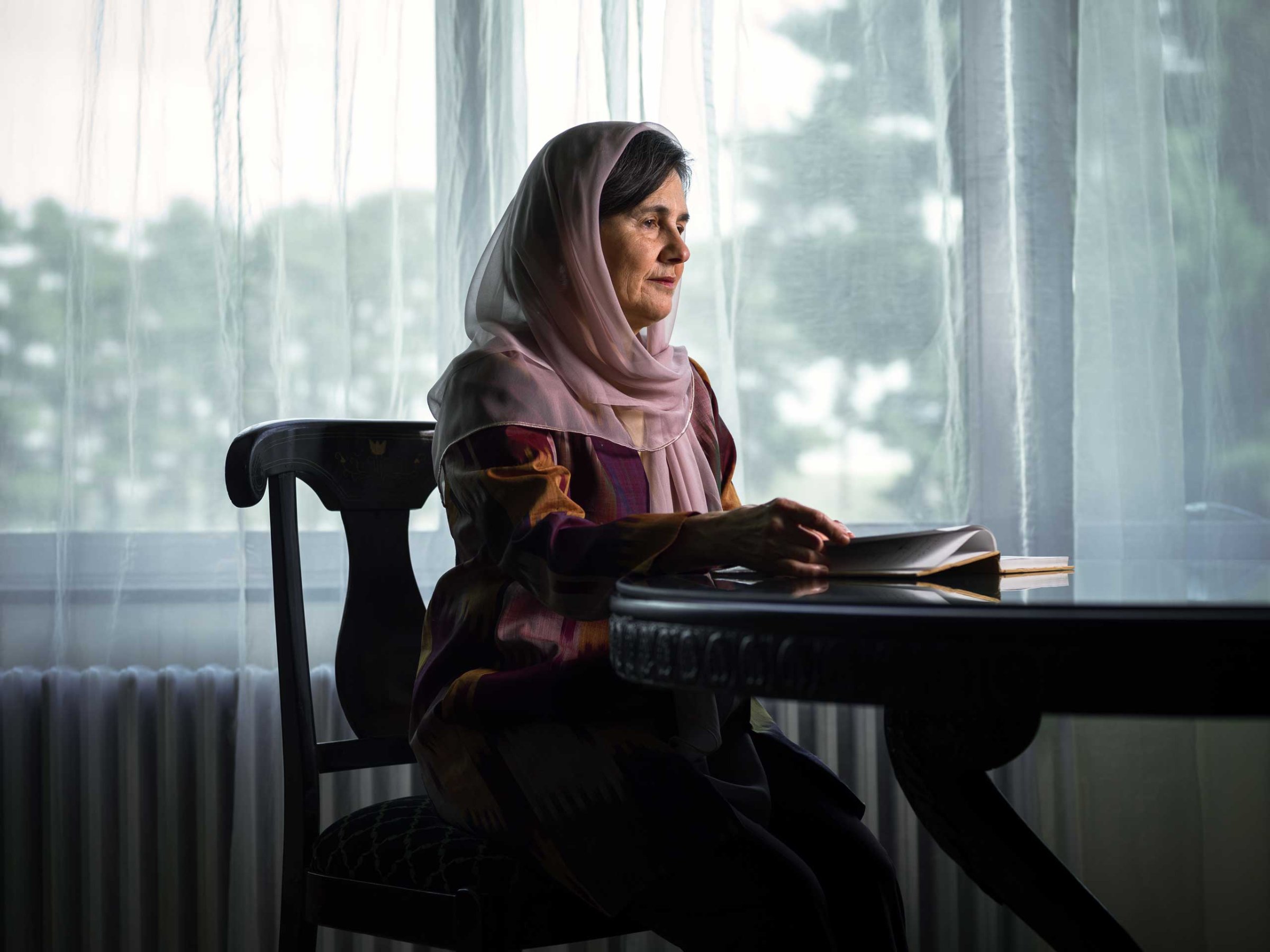
When we think of “influential women,” there’s a familiar rotation that comes to mind: Taylor Swift, Malala Yousafzai, Hillary Clinton. This year’s TIME 100 is filled with bold-face names like those, and for good reason. Reese Witherspoon, Emma Watson, Kim Kardashian and Amy Schumer have used their fame to upend expectations about women in entertainment, and leaders like Janet Yellen, Angela Merkel, Elizabeth Warren and Ruth Bader Ginsburg are all fixtures on the 24-hour news cycle. But of the 40 women on this year’s list, many exert a different kind of influence.
Here are 11 women who are slowly working to make the world a better place, whether or not you know their names:
Chai Jing: This Chinese journalist and environmentalist’s documentary, Under the Dome, calls attention to China’s massive pollution problem. It was viewed over 200 million times before government censors attempted to suppress it (although other, more environmentalist sectors of the government supported the movie). The popularity of the film and the intensity of the reaction has prompted comparisons to Rachel Carson’s 1962 book Silent Spring, and environmentalists hope the film could nudge the country toward greener policies.
Jennifer Doudna and Emmanuelle Charpentier: These two geneticists developed a gene-altering technique that could help fight countless diseases. Inspired by the way ancient bacteria evolved to fight viruses, Doudna and Charpentier created the CRISPR-Cas9 technique, which allows scientists to add or remove genetic material to fight diseases like HIV, sickle-cell anemia or even some forms of cancer. It’s not just one cure for one disease — it’s a major breakthrough that could help scientists fight hundreds of different illnesses by making any number of genetic alterations.
(Read more: Meet the Women Scientists on the TIME 100)
Obiageli Ezekwesili: Even before she became the champion of the #BringBackOurGirls campaign, Ezekwesili was already a leading voice in Nigerian politics. Known as “Aunty Oby” by some young Nigerians, she founded anti-corruption group Transparency International, served as Nigeria’s Minister of Education in 2006 and as Vice President of World Bank‘s Africa division from 2007-2012. After militant group Boko Haram kidnapped over 200 girls from a Chibok school, Ezekwesili helped organize a global campaign to demand their immediate return. The girls have now been missing for over a year, and the government’s failure to rescue them was a key issue that contributed to President-elect Muhammadu Buhari’s victory over incumbent Goodluck Jonathan in the recent Nigerian elections.
Aura Elena Farfán: Ever since her brother was abducted by the Guatemalan military in 1984, Farfán has dedicated her life to getting answers for the thousands of families whose relatives disappeared during the country’s long civil war. She founded FAMDEGUA, an NGO that helps relatives get justice for victims of army violence during the war. Thanks to Farfán, soldiers who committed atrocities during the 1982 massacre at the village of Dos Erres are now serving prison time.
Rula Ghani: She’s a Lebanese Christian, a Columbia graduate, an American citizen and the new First Lady of Afghanistan. The wife of newly elected Afghan president Ashraf Ghani is looking to start a new chapter for a country that has long been considered one of the harshest places to be born a woman. She was the only one of the presidential candidates’ wives to appear during the campaign, and she is poised to be more hands-on than any Afghan First Lady in recent memory. “I would like to give women out there the courage and the possibility to do something about improving their lives,” she told the BBC last year. “If I’ve achieved a higher respect for women and for their role in society then I would be very happy. That would really be my greatest wish.”
See the New TIME 100 Covers
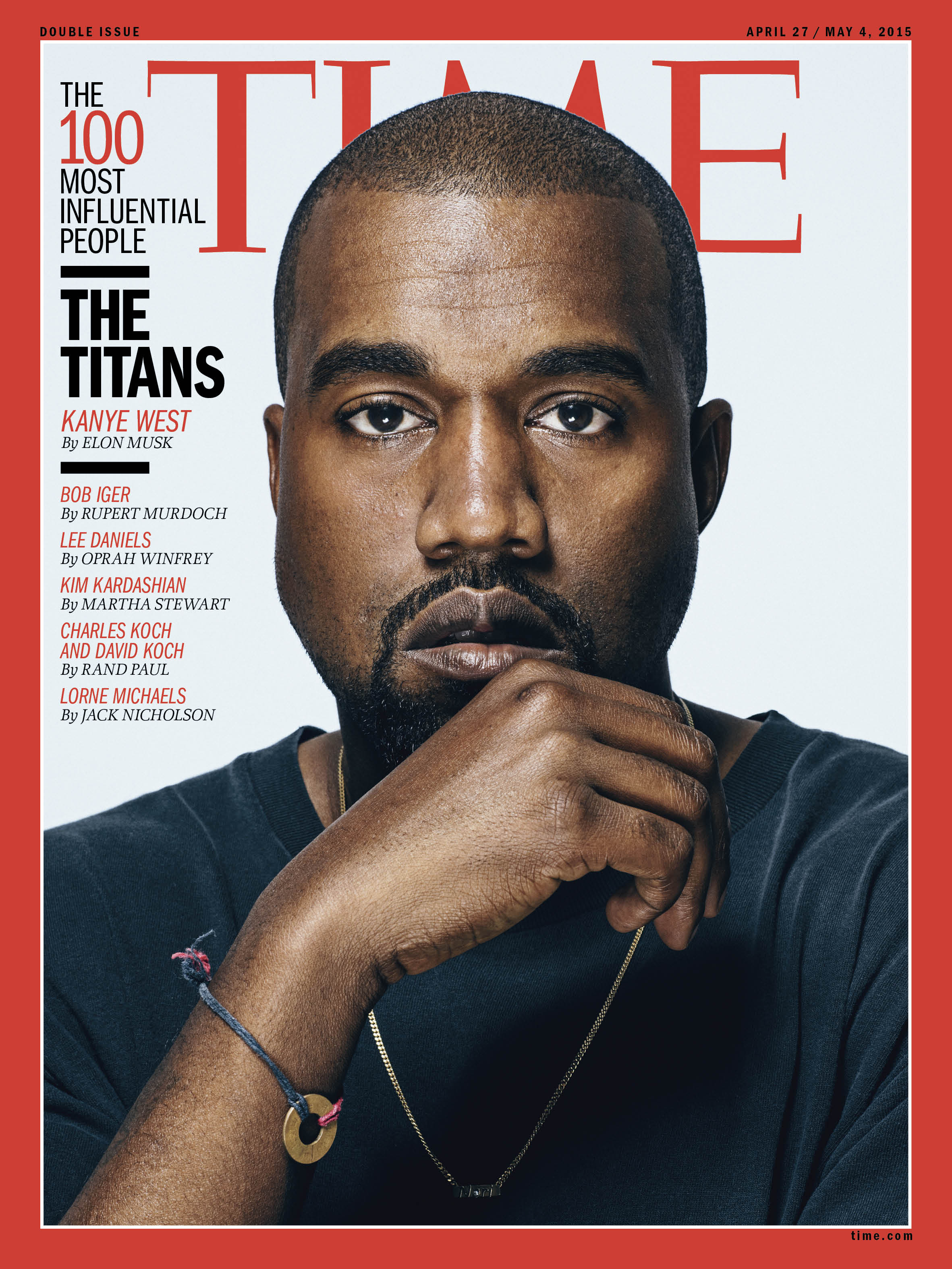
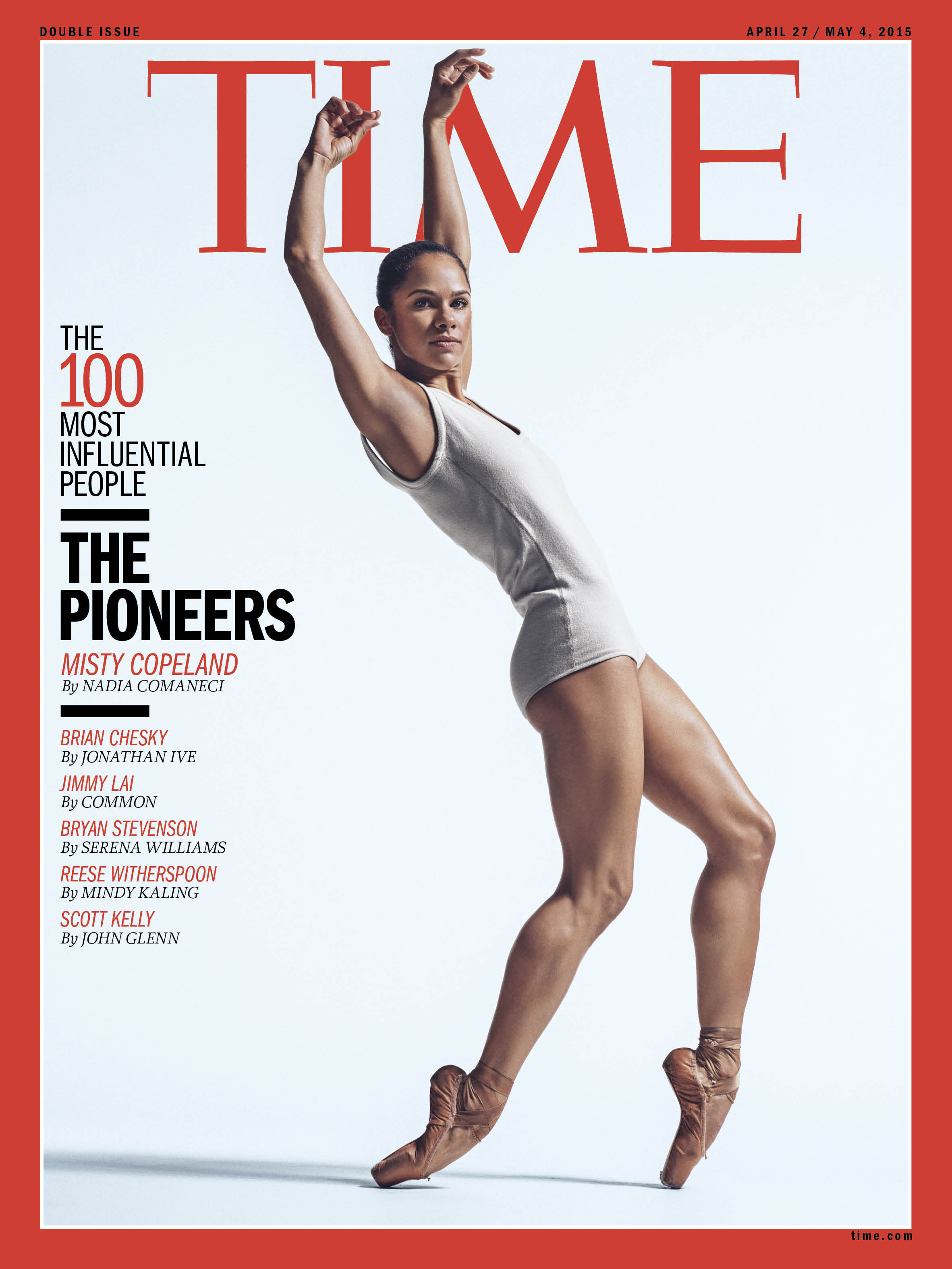

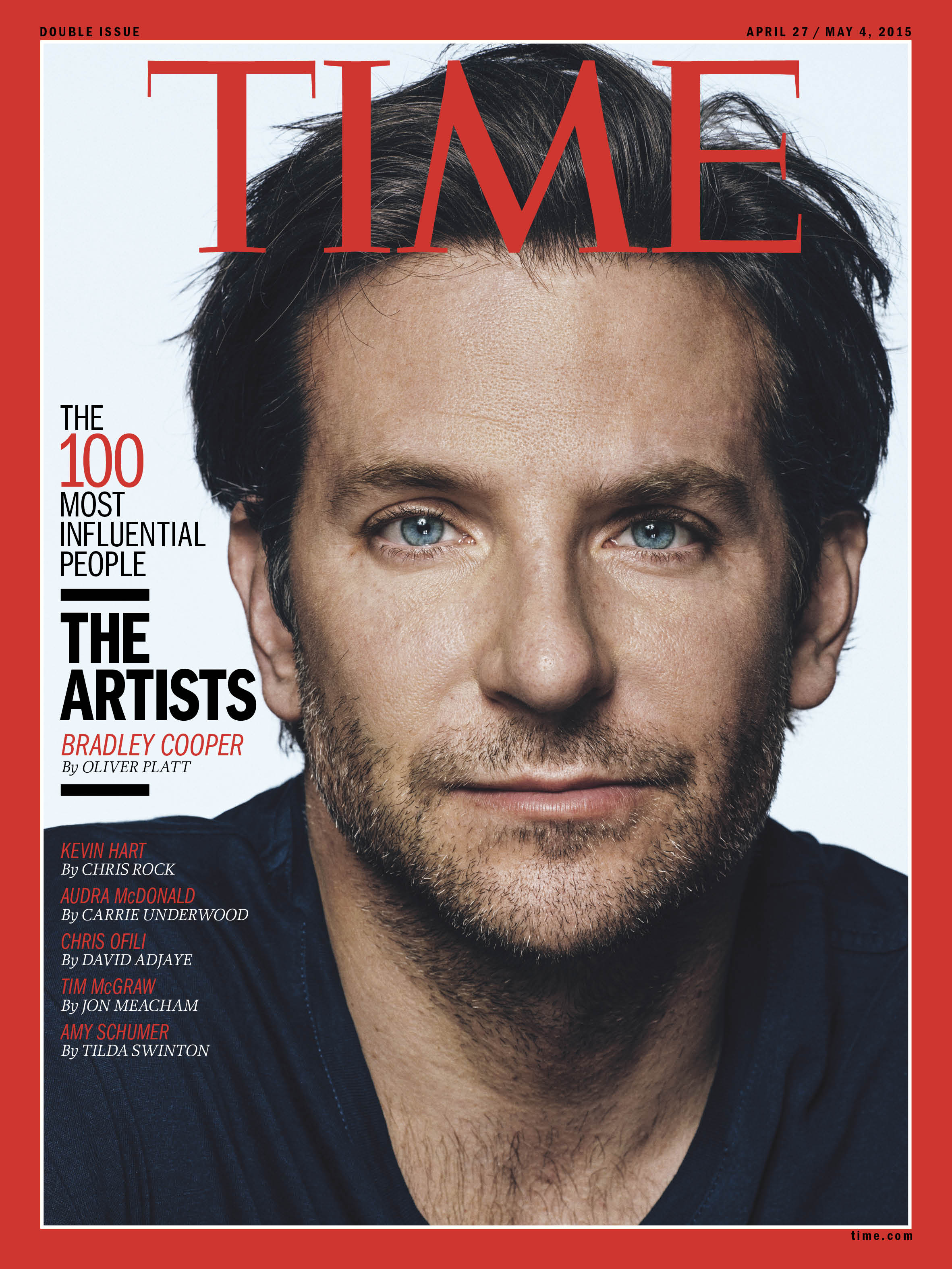
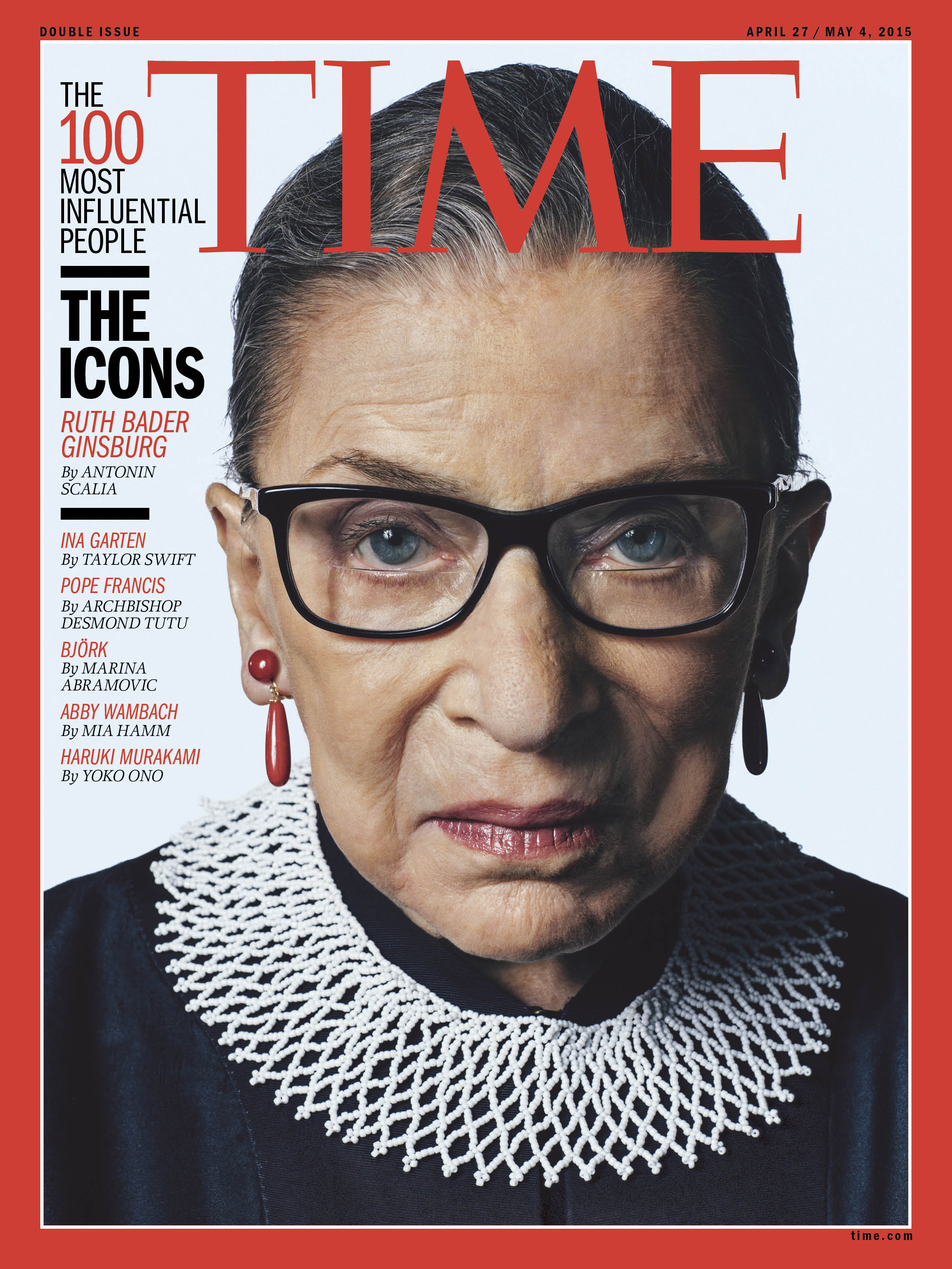
Mellody Hobson: As president of Ariel Investment funds, Hobson is one of the top African-American women in the financial sector. And if one high-powered job weren’t enough, she has several more on her resume: she’s the Chairman of the Board of Dreamworks Animation, and serves on the board of directors for the Estée Lauder Companies Inc, Starbucks and Groupon. Sheryl Sandberg said recently that meeting Hobson helped inspire her to write Lean In: “She said she wanted to be unapologetically black and unapologetically a woman.”
Chanda Kochhar: Kochhar is the managing director and CEO of ICICI, the largest bank in India’s private sector (and the second-largest in the whole country). In 2014, Kochhar oversaw nearly $125 billion in assets and announced an 18% profit increase, and is credited for helping the bank bounce back from the 2008 financial crisis, Forbes reports. Considered one of India’s most powerful women, Kochhar has also been an advocate for expanding mobile banking to more rural Indian communities.
Joanne Liu: As International President of Médecins Sans Frontières (MSF, or Doctors Without Borders), Liu led the global fight against the Ebola outbreak last year. Born in Canada, Liu has served in more than 20 missions on four continents since joining MSF in 1996. She was promoted to International President in 2013, just before the Ebola outbreak, and her quick and effective response is credited for helping contain the deadly virus. CDC Director Dr. Tom Frieden says Liu and her team “repeatedly got it right,” which helped curb the spread of Ebola.
Kira Orange-Jones: As Executive Director of Teach for America in New Orleans, Orange-Jones helped rebuild the city’s education system in the 10 years since it was devastated by Hurricane Katrina. Under Orange-Jones’s leadership, the distinction between public and charter schools has virtually disappeared, on-time graduation has increased from 50% to 75%, and college graduation has more than doubled. New Orleans is the second-largest TFA corps in the nation, and under her guidance, TFA teachers and alumni reach 1 in 3 students in the region. And thanks to her, New Orleans is outperforming other cities on ACT tests.
Pardis Sabeti: Pardis led a team of geneticists from Harvard and MIT that performed real-time DNA sequencing of the Ebola virus, which proved that the disease was spreading human-to-human, and not through animals. This crucial piece of information helped doctors and communities curb the spread of the virus. “What people really need to be doing is reducing contact between themselves—because it wasn’t being spread widely by animals or contact with animals,” she explained when she was honored as one of TIME’s People of the Year in 2014. “We need as many minds working on this important problem as we can have. We will only beat this virus together.” She also happens to be a big fan of the band Nine Inch Nails.
17 of History’s Most Rebellious Women
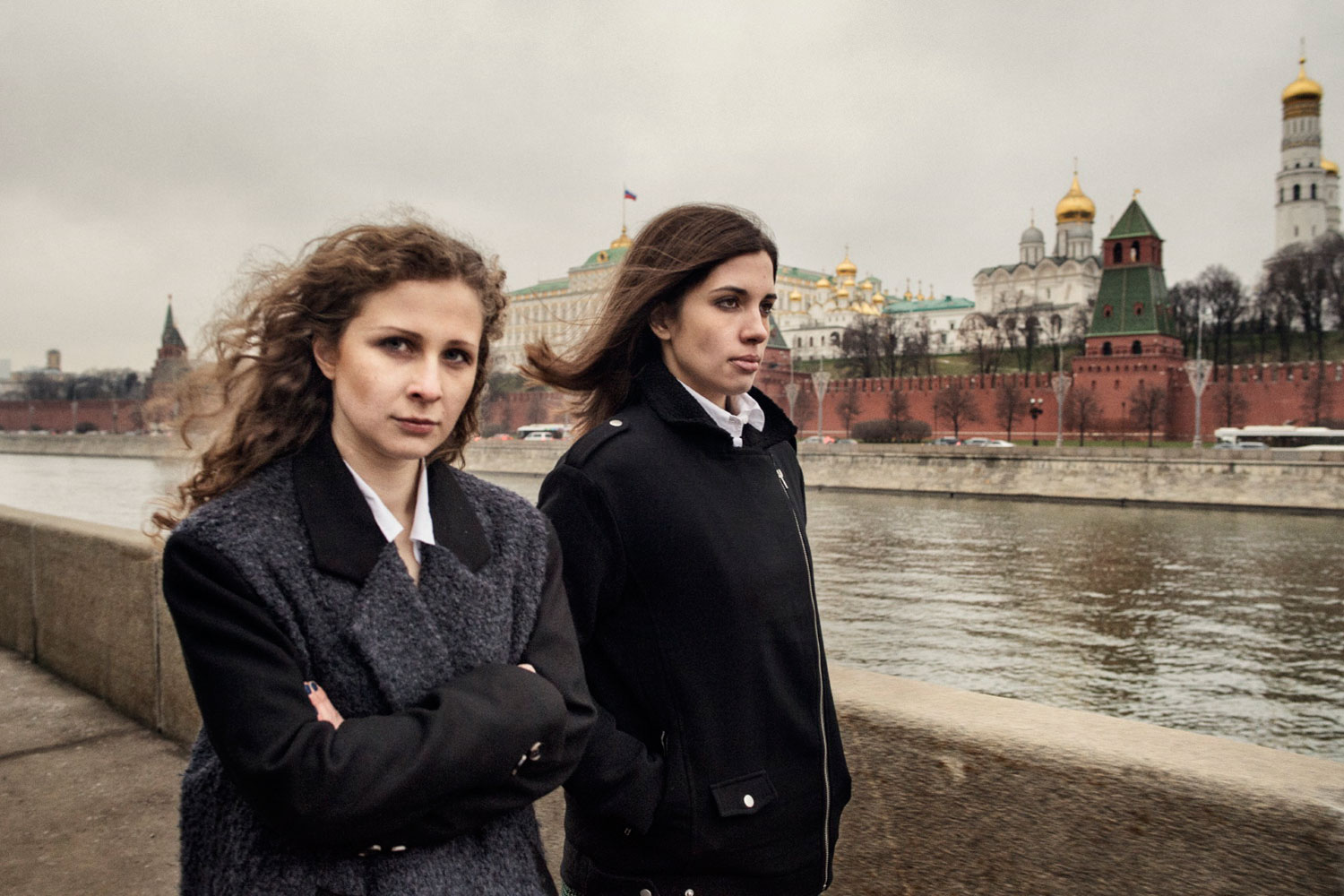
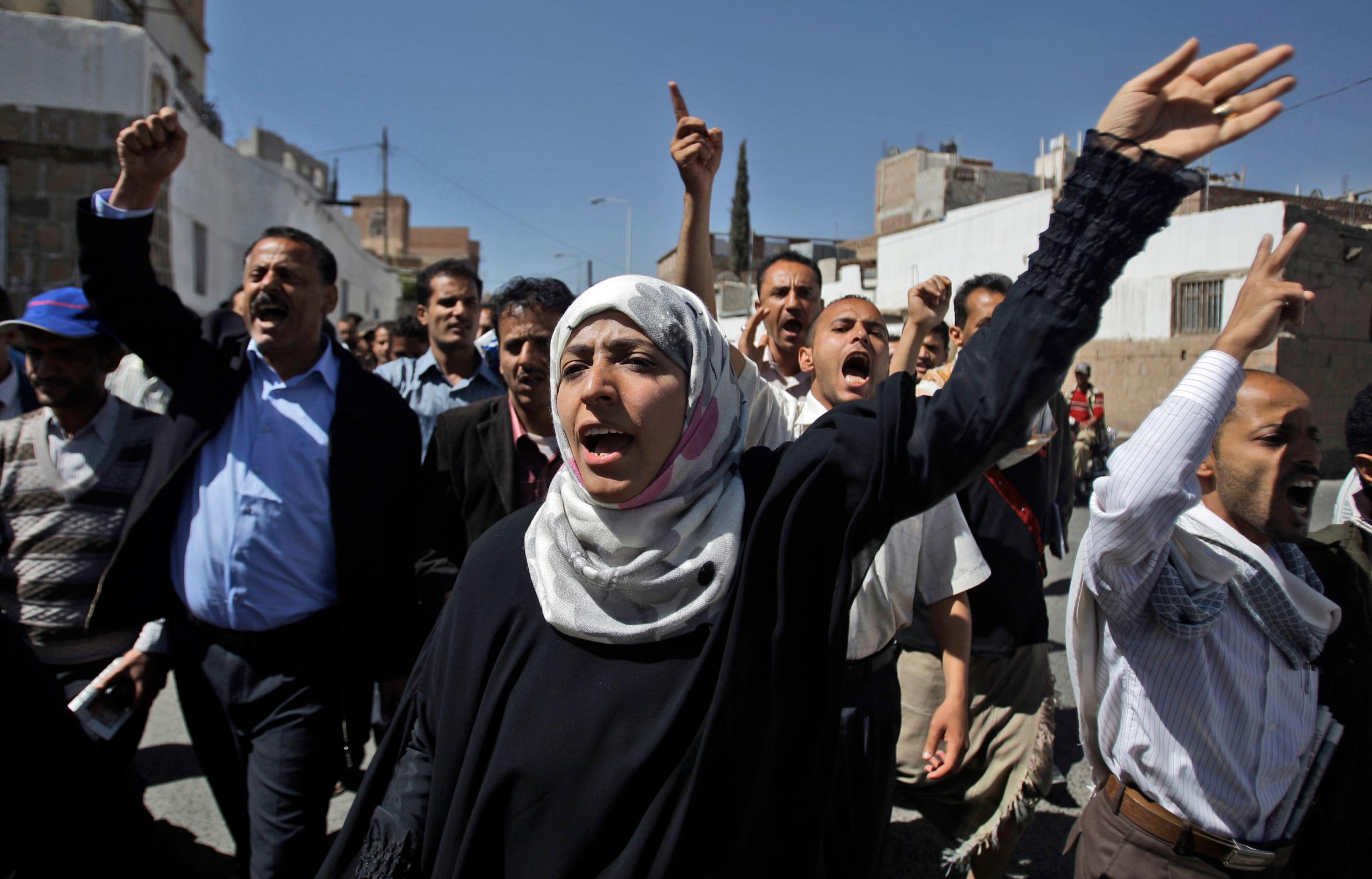
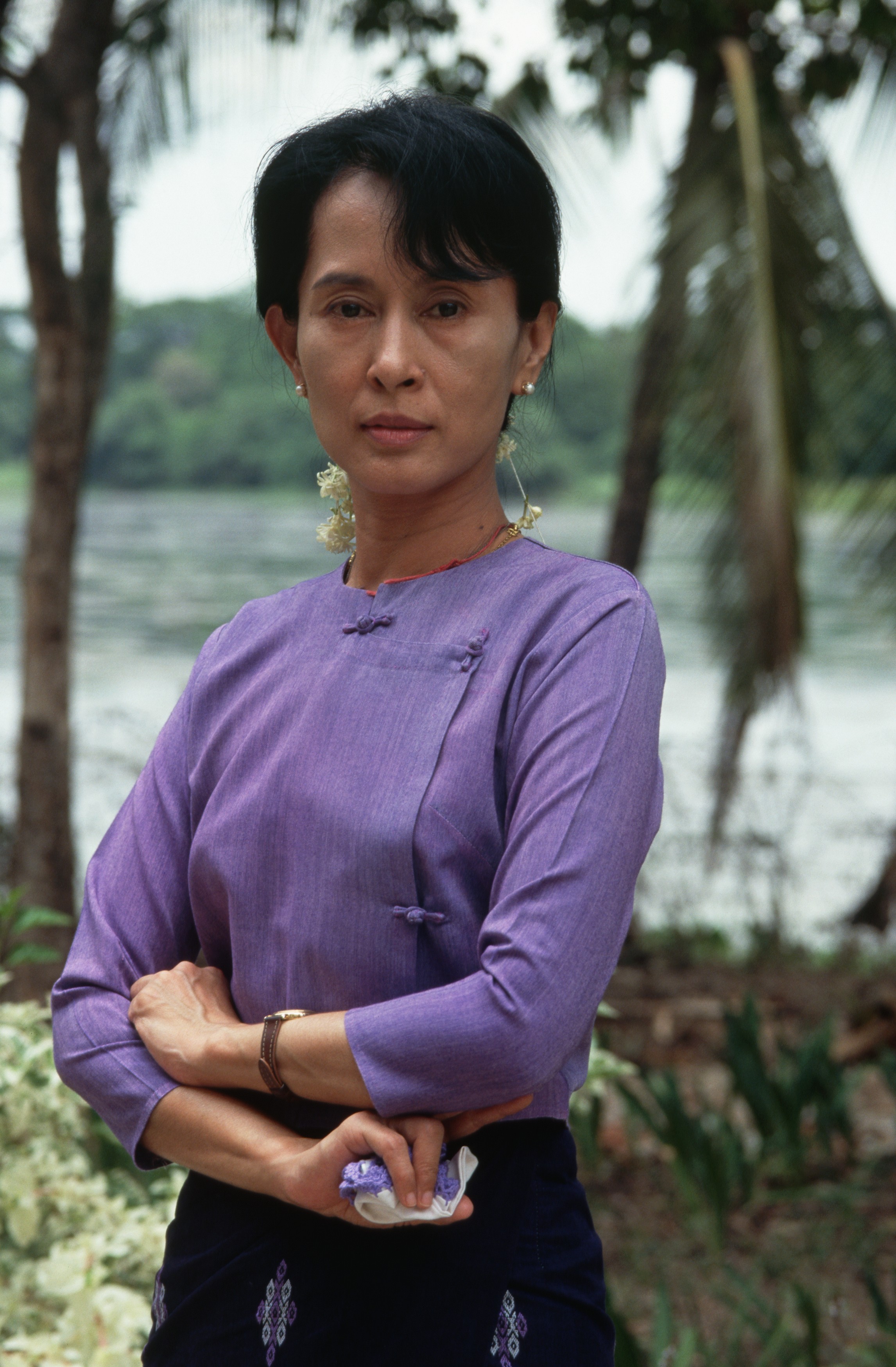
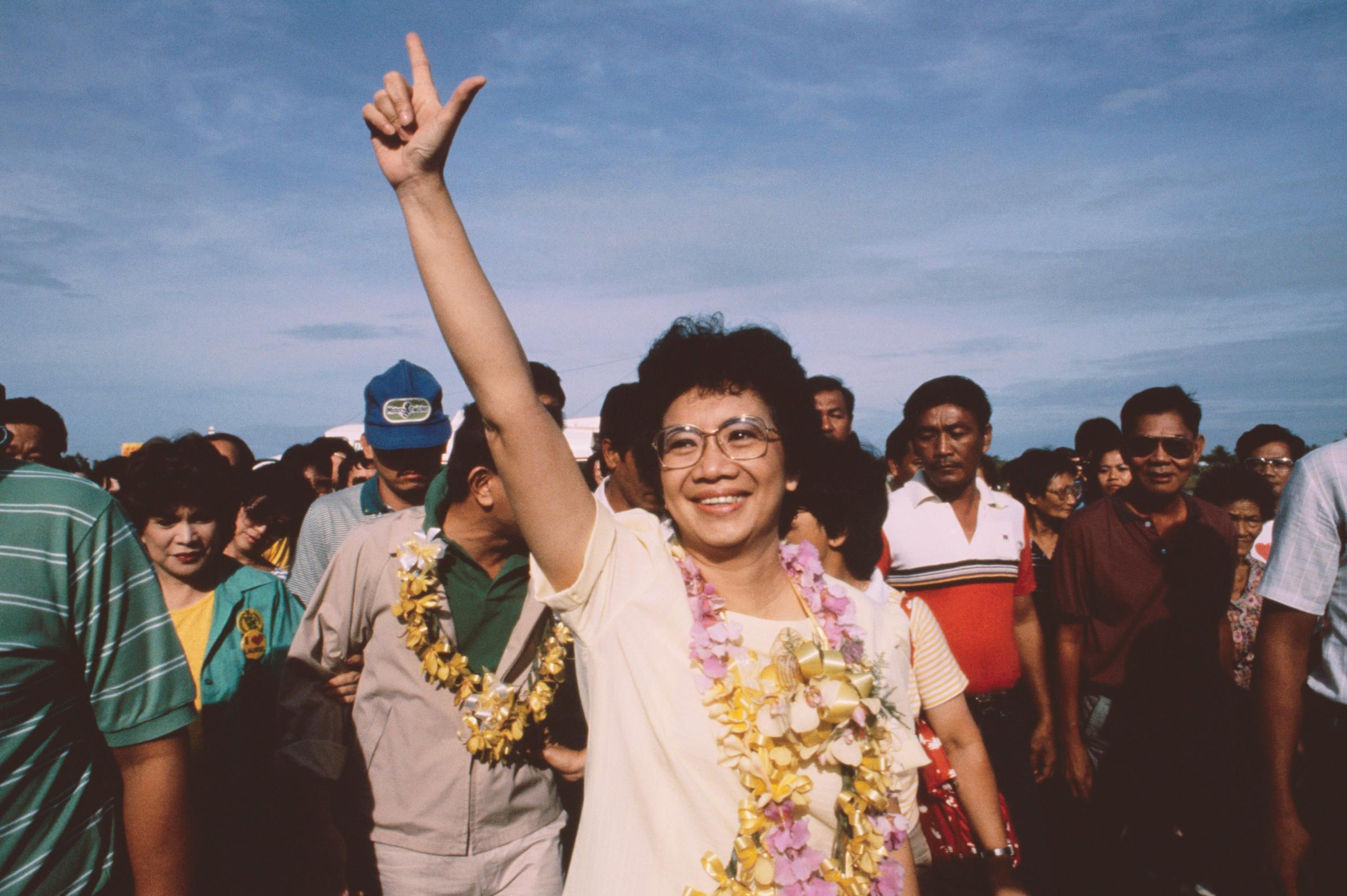
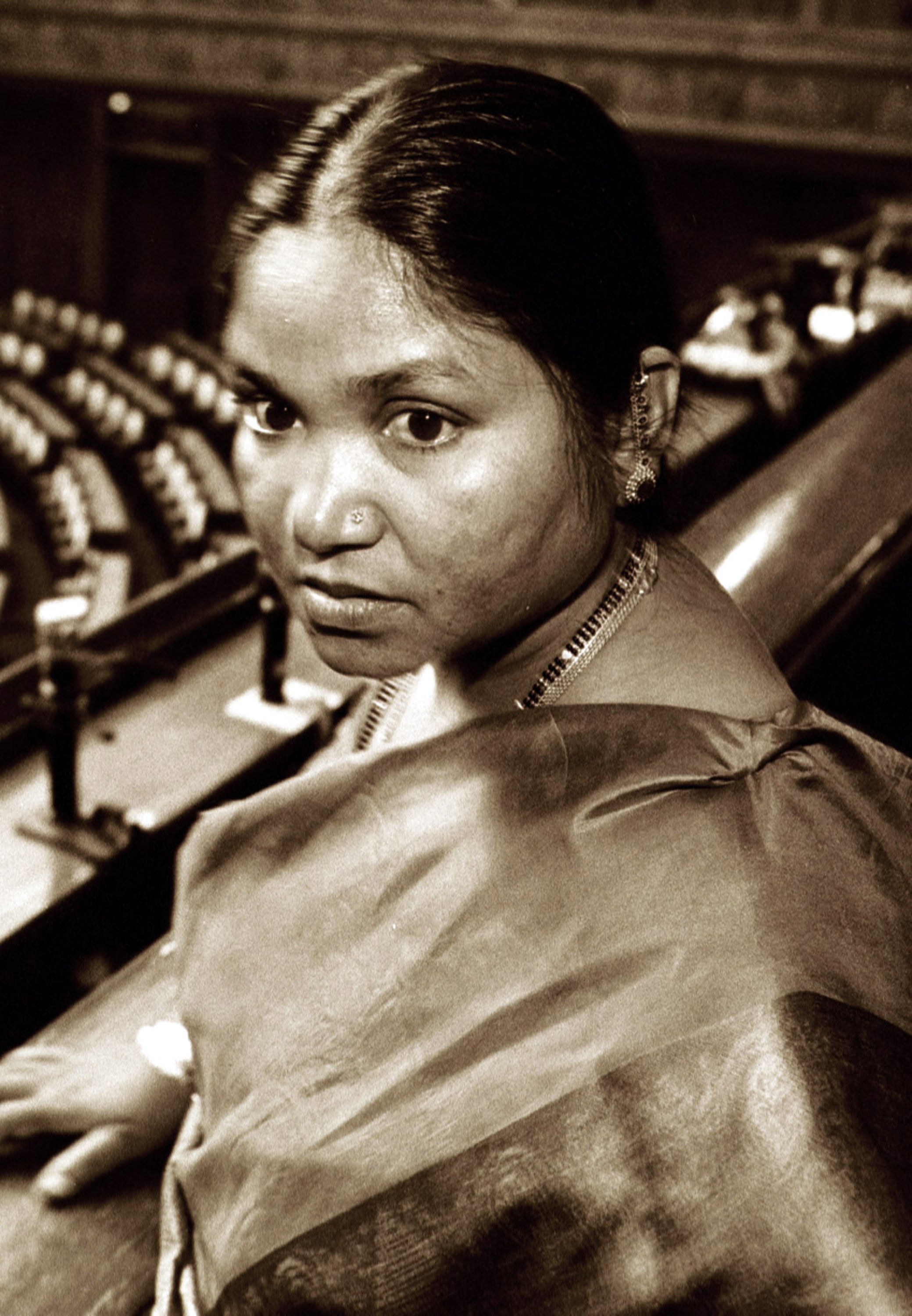
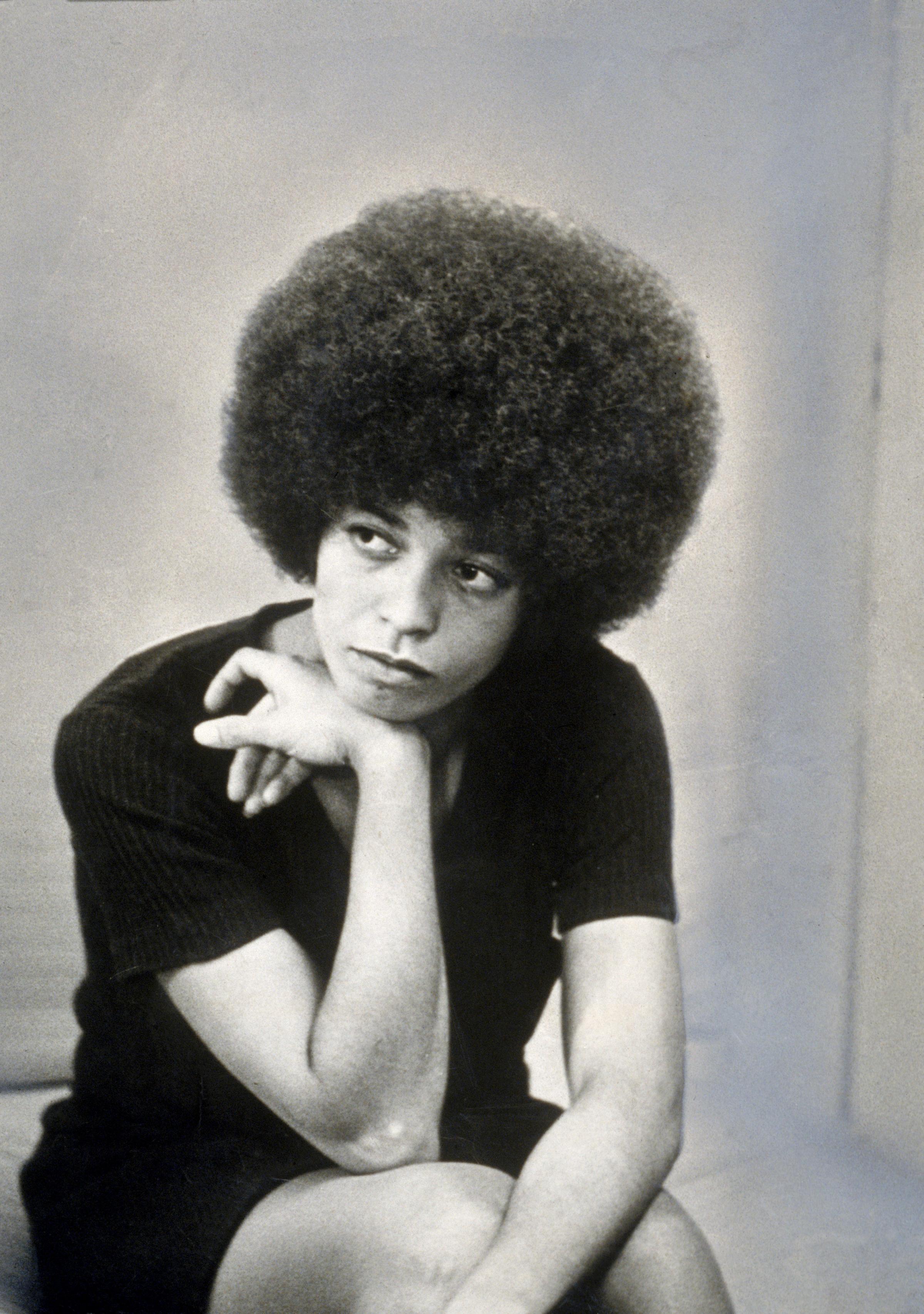
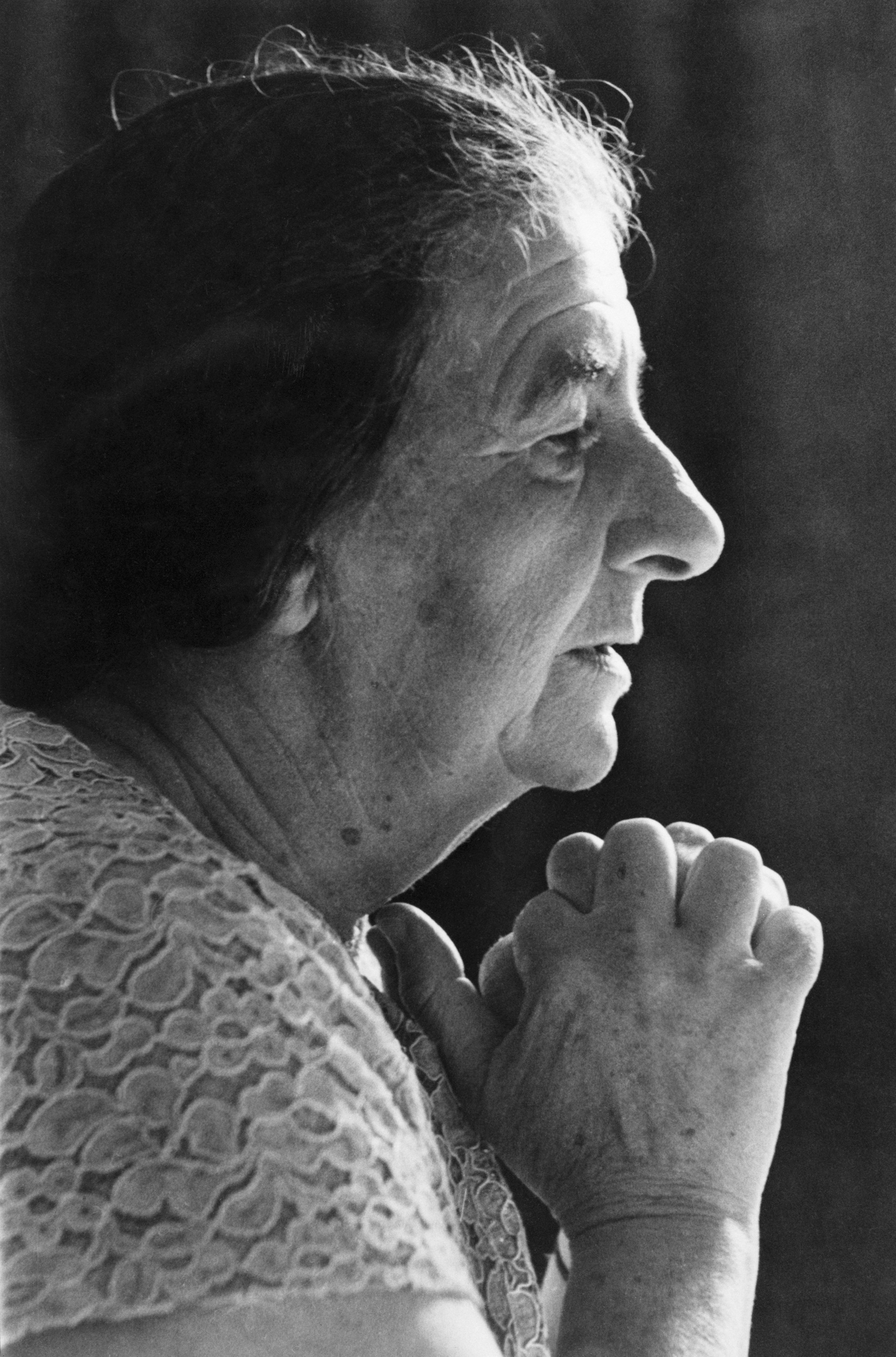
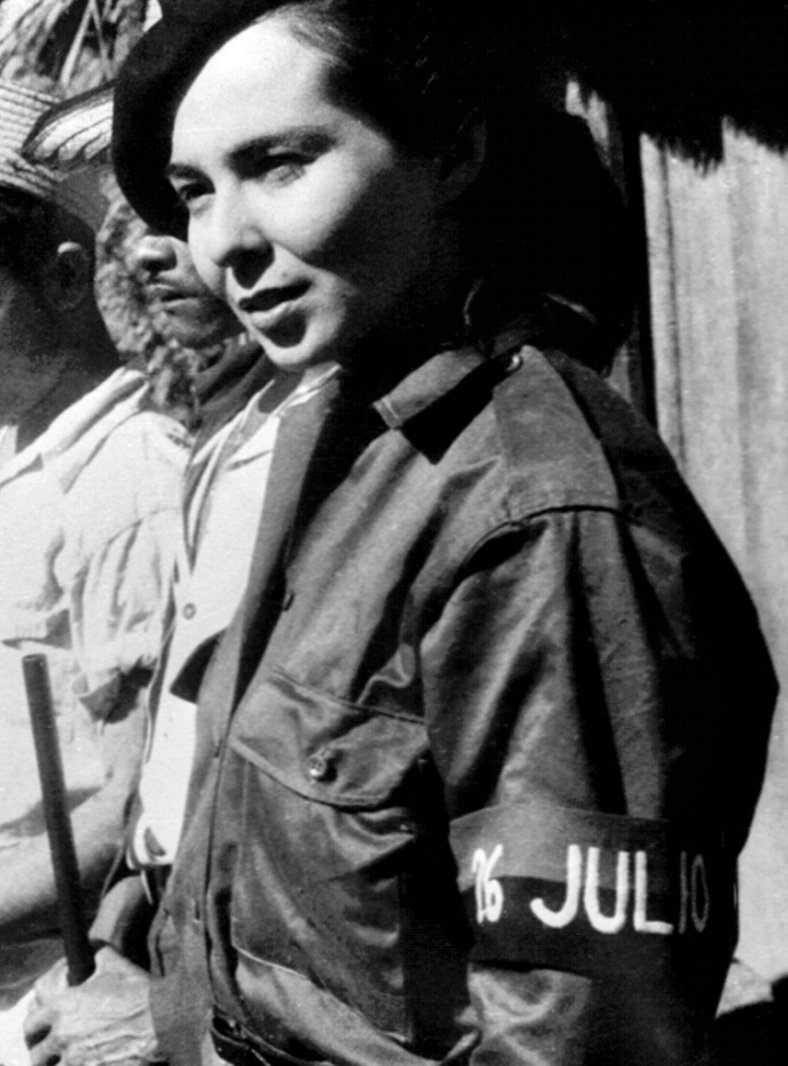
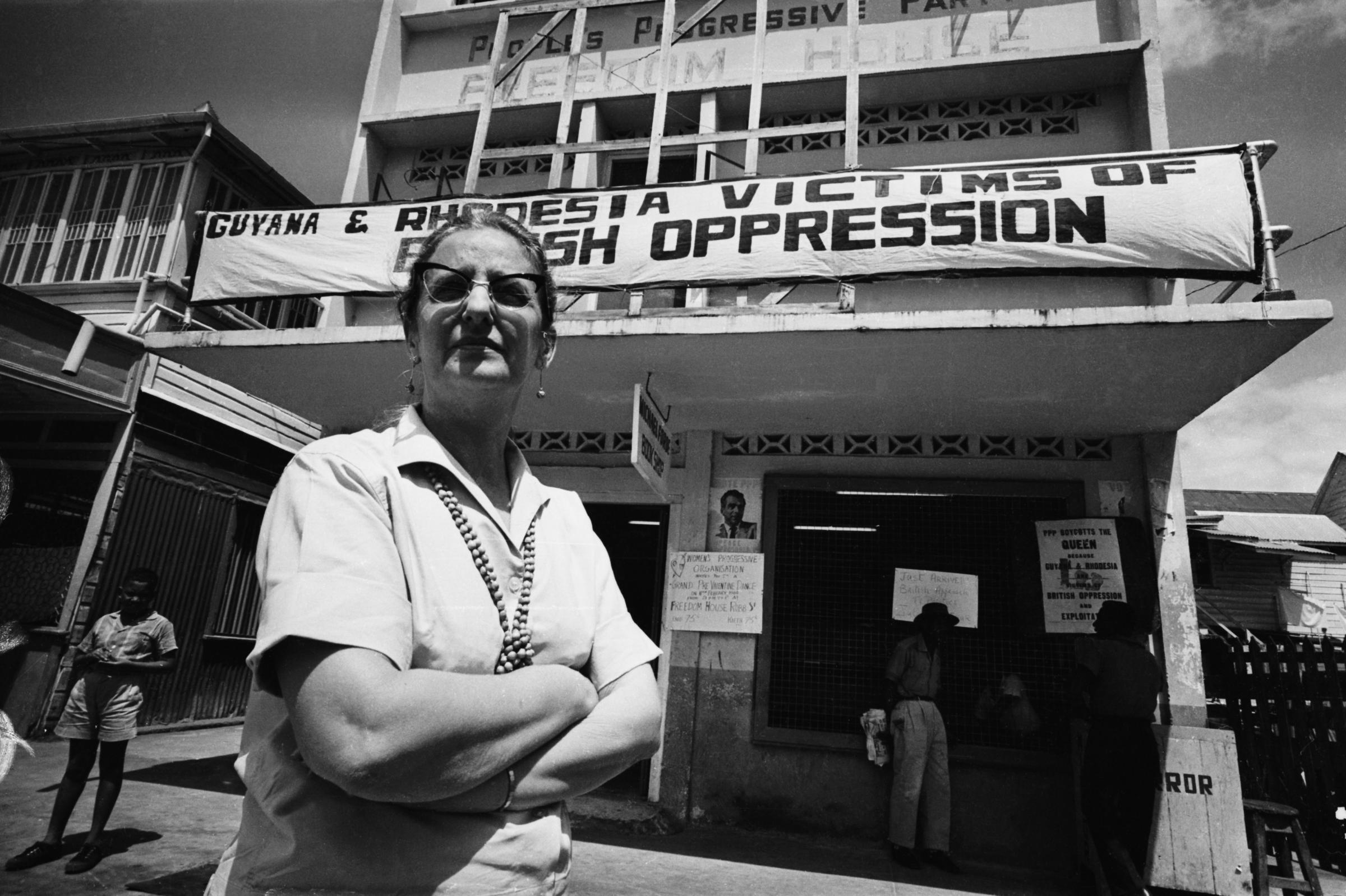
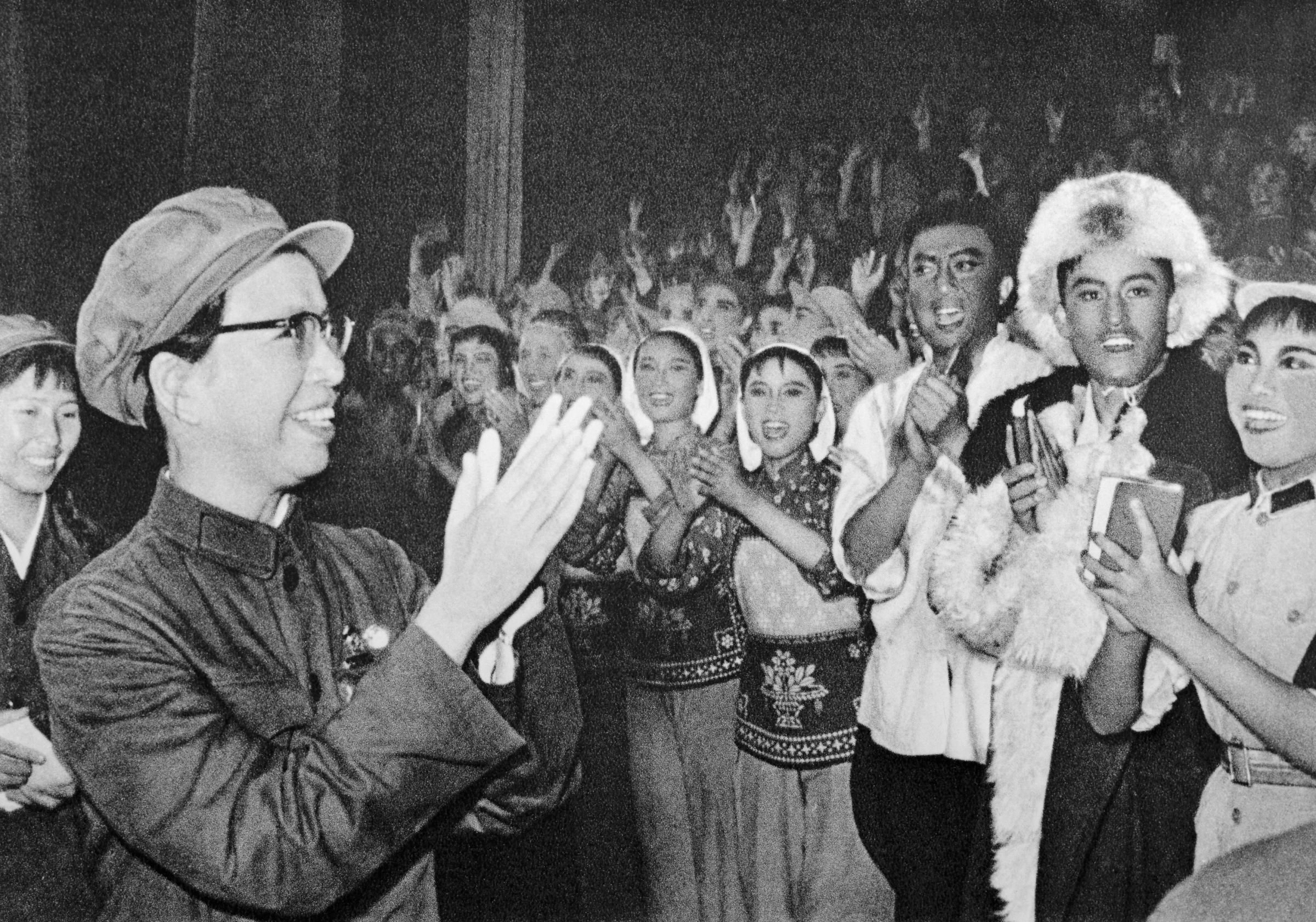
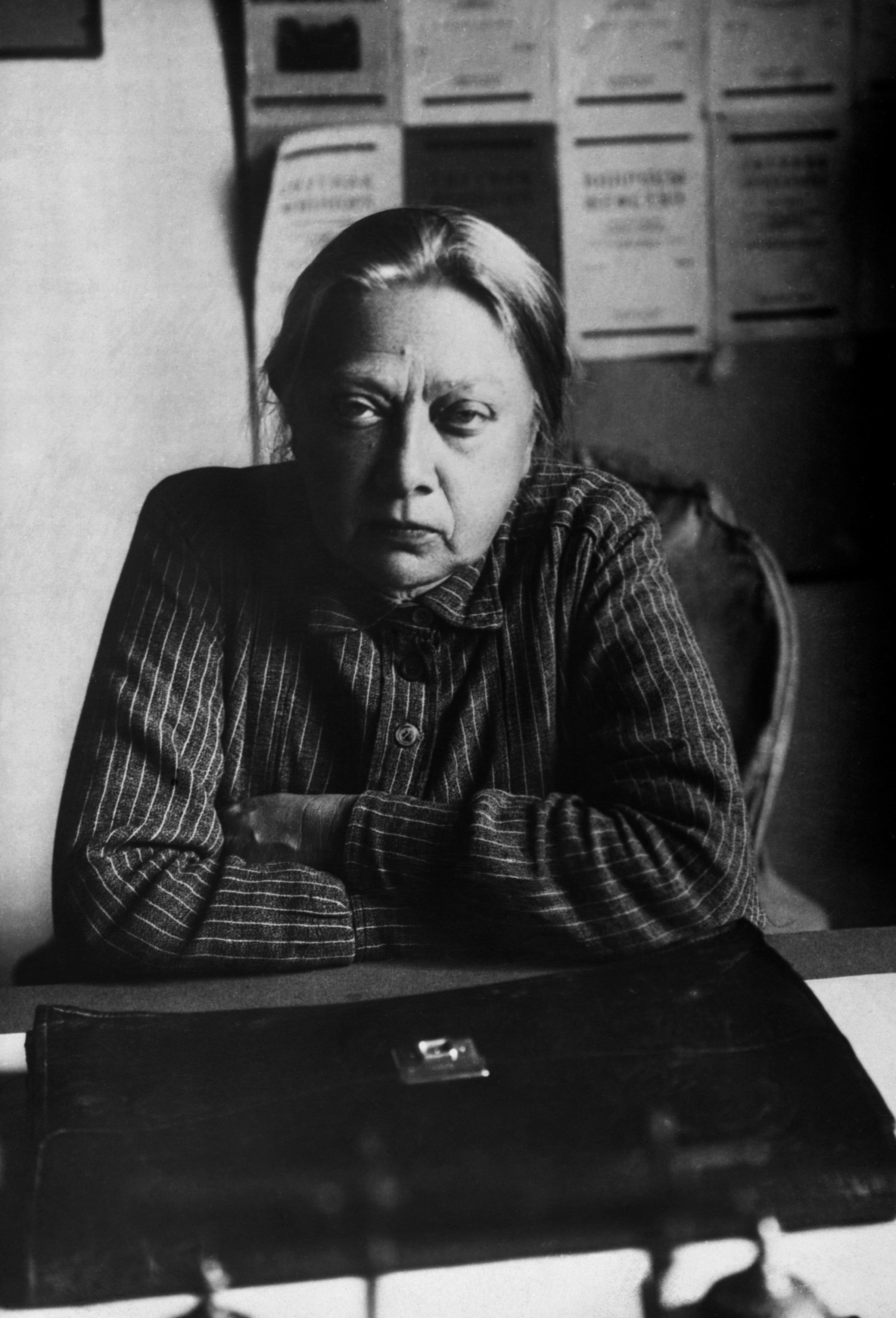
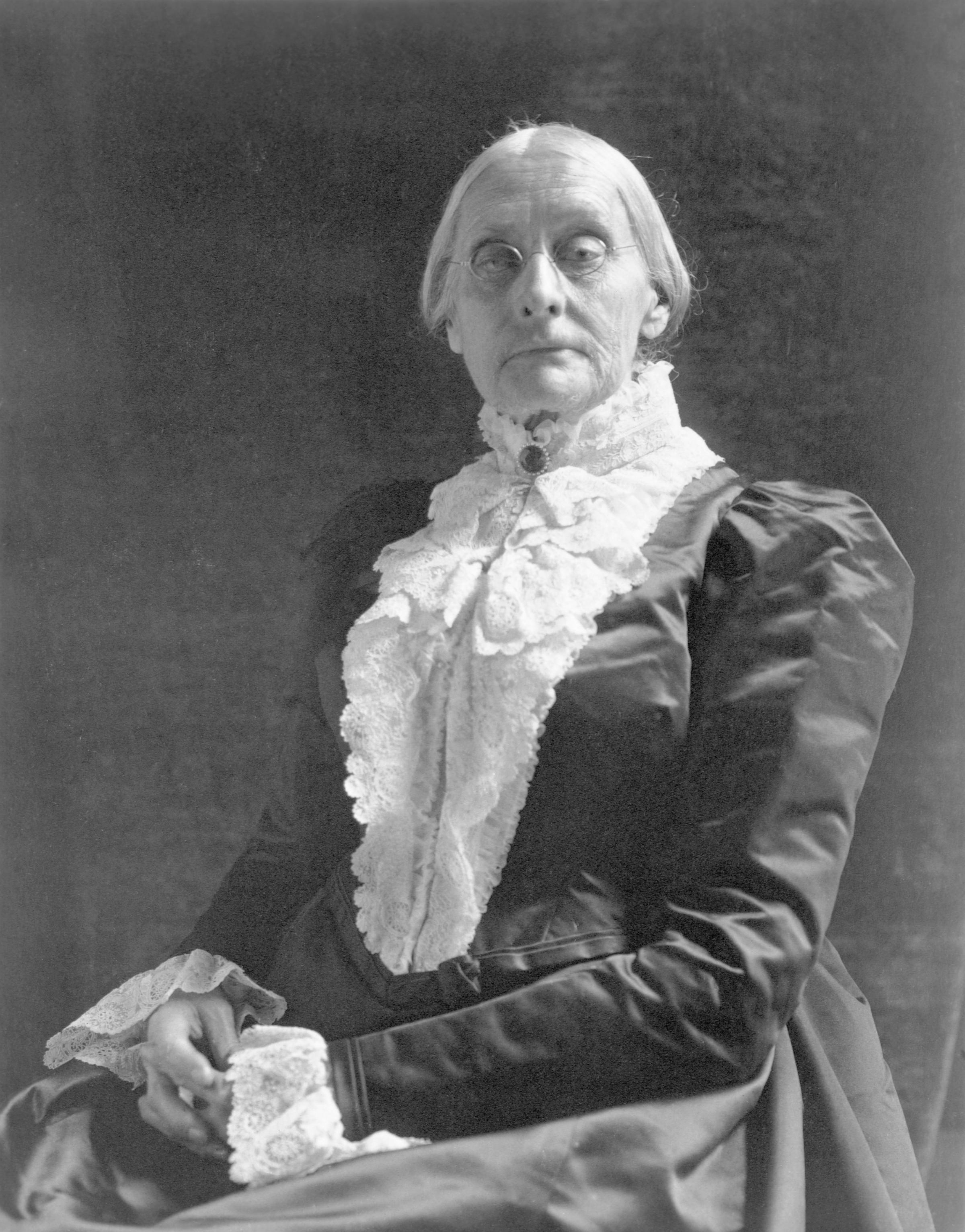
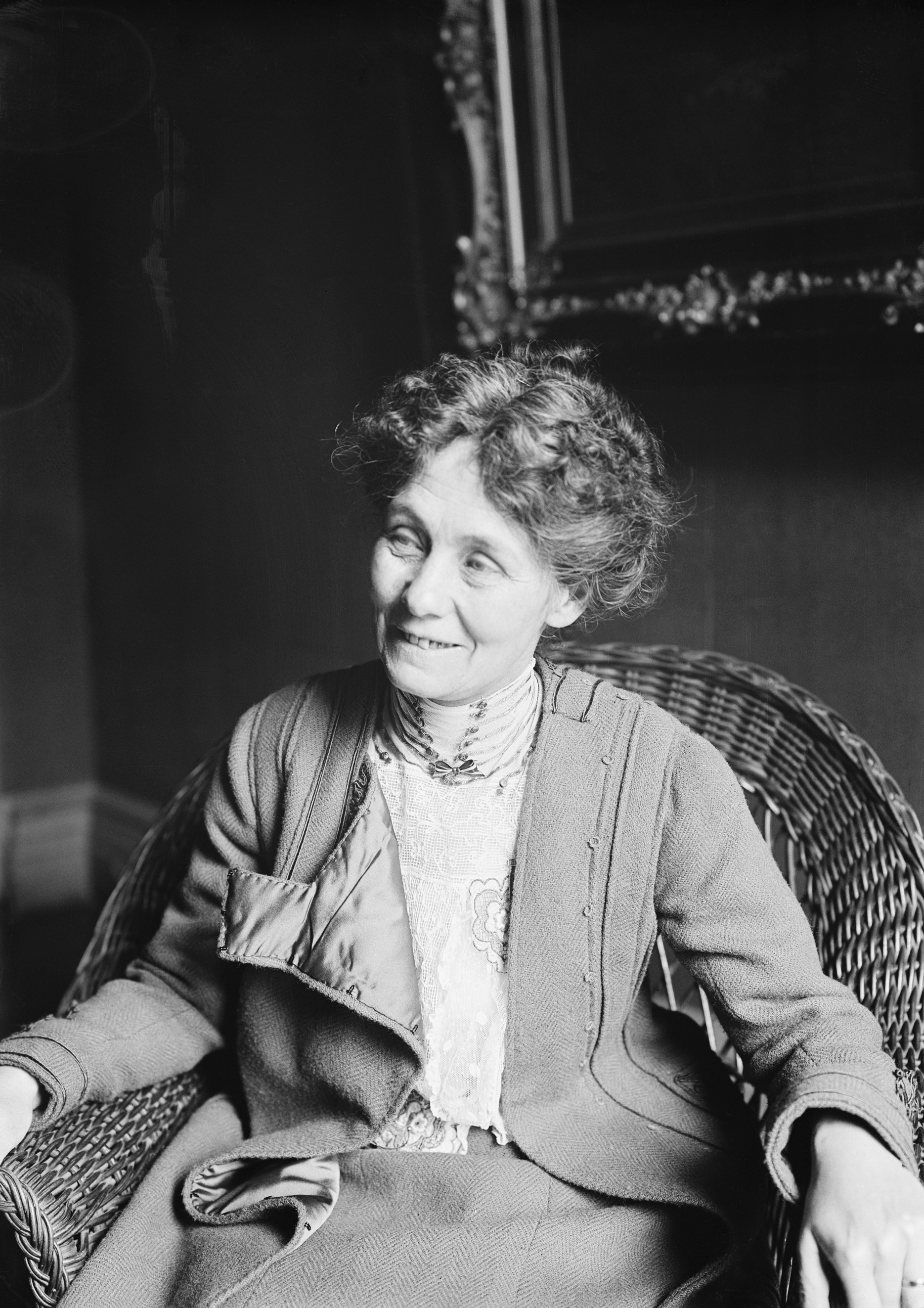
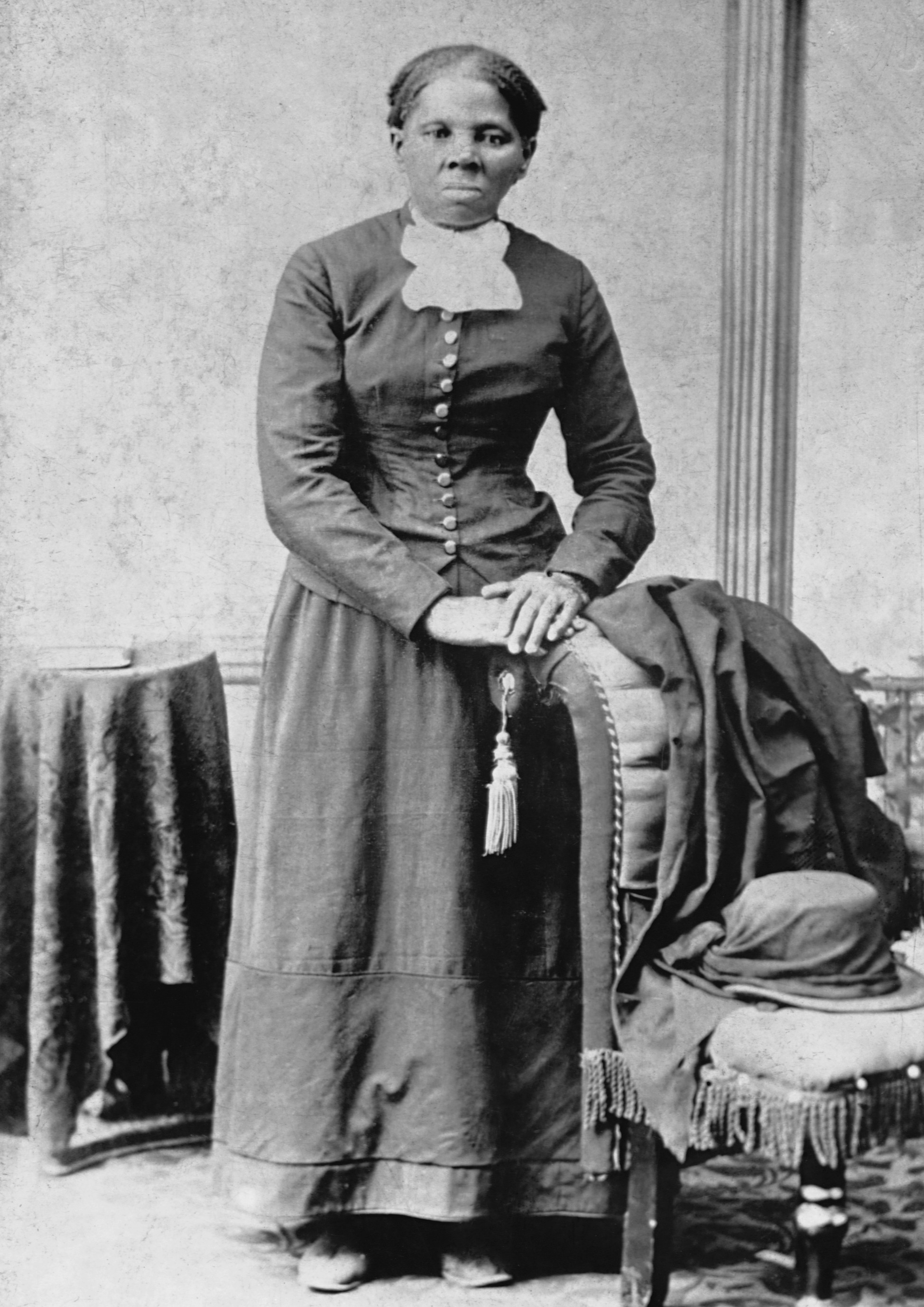
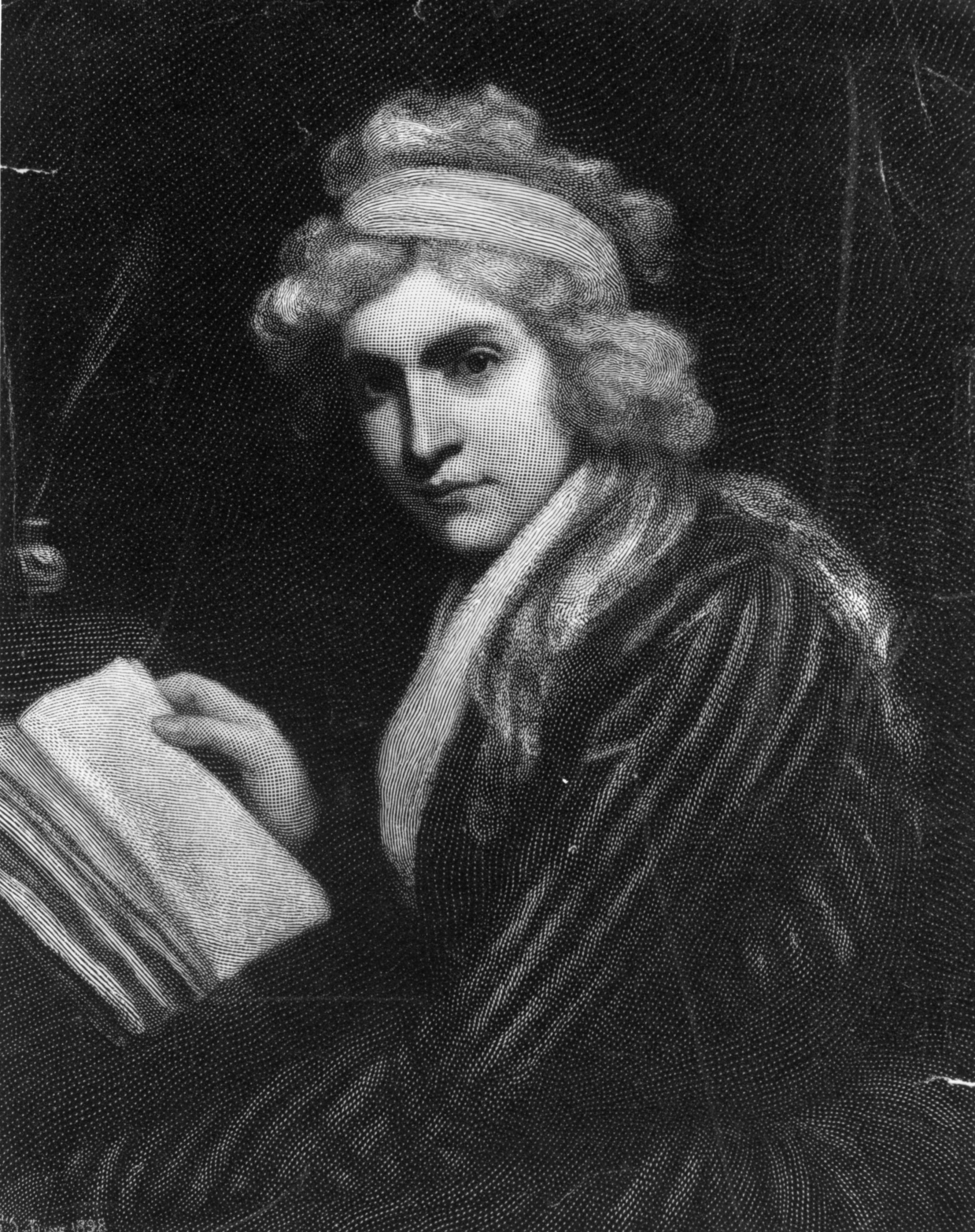
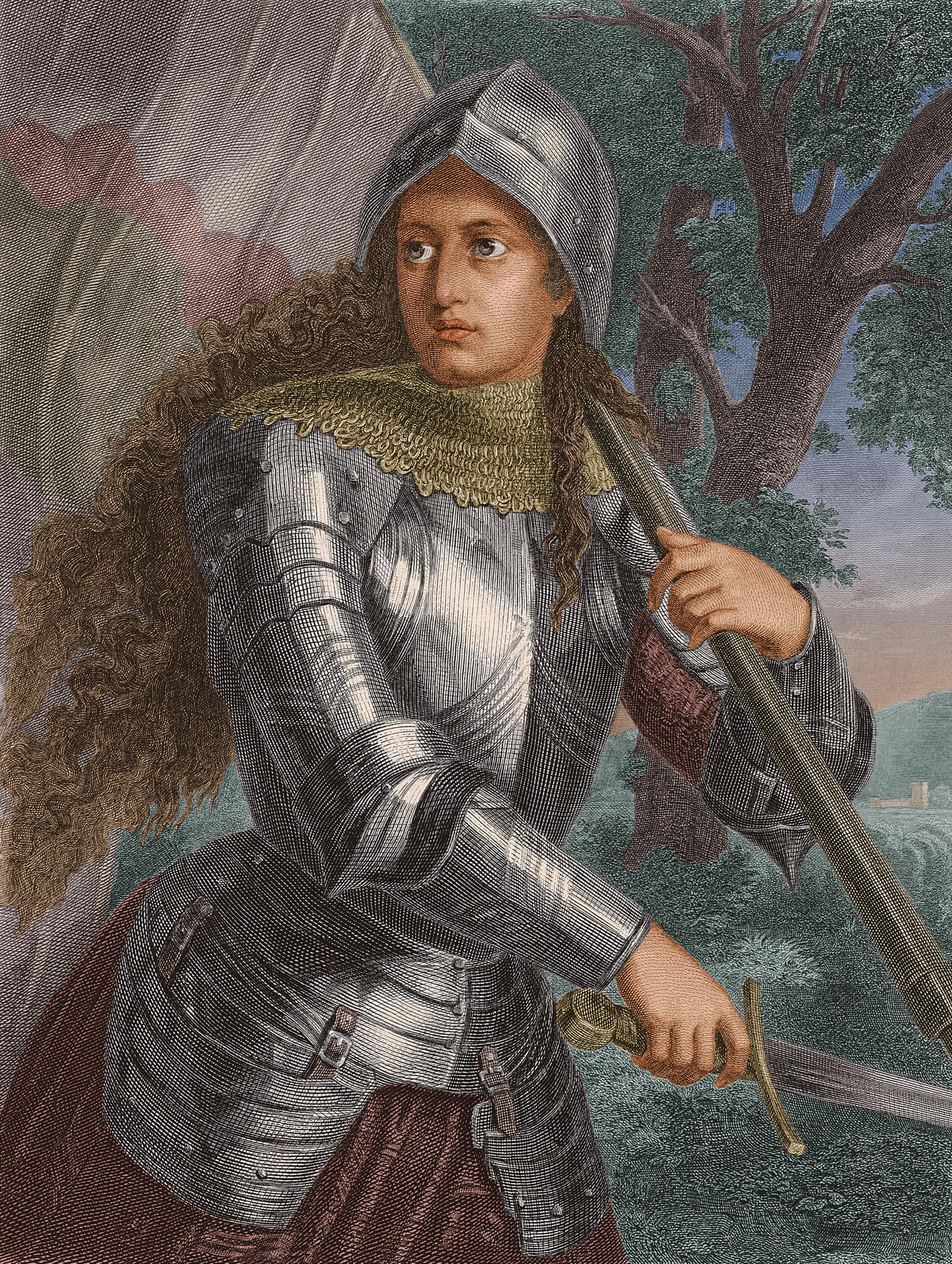
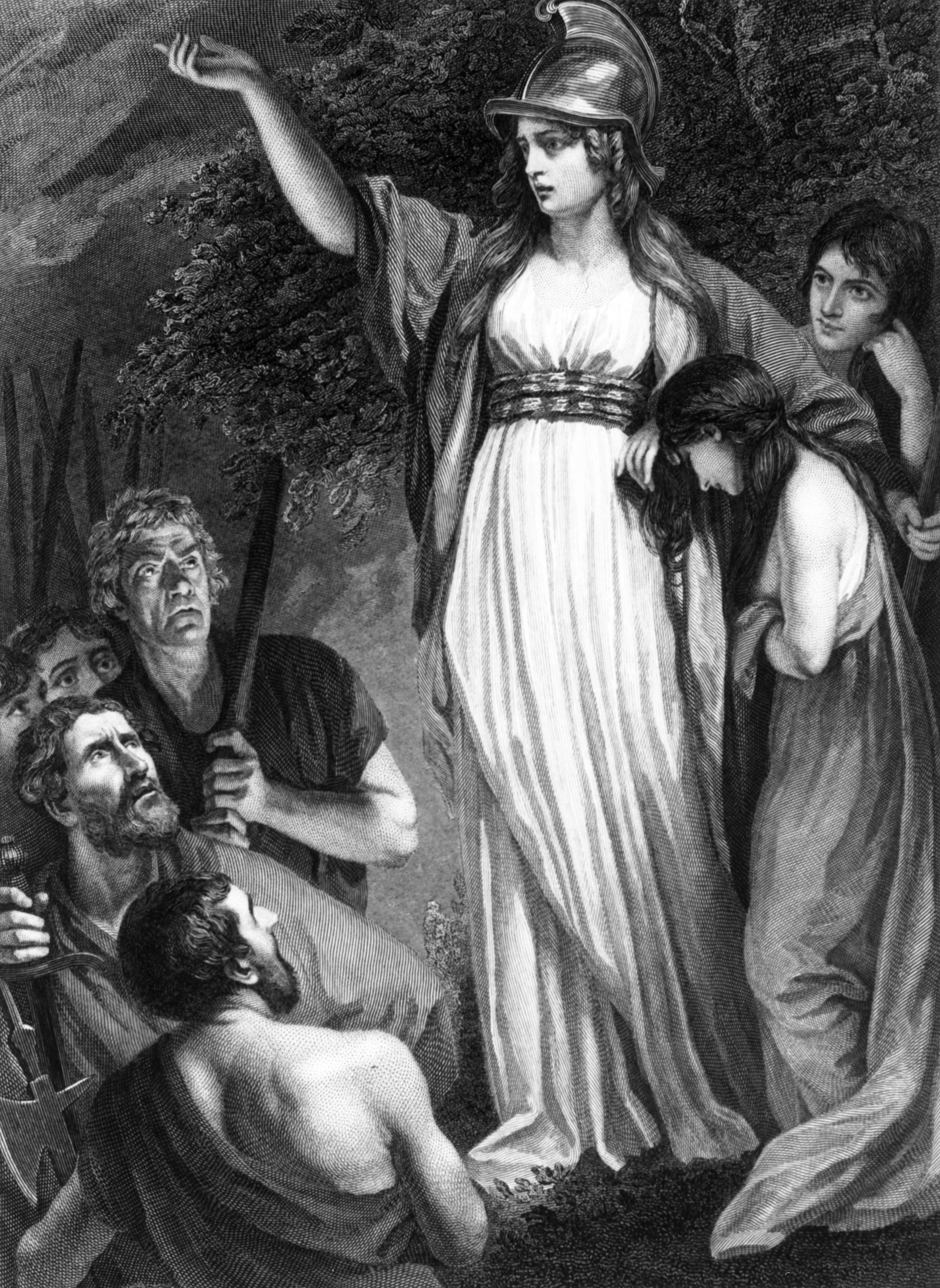
More Must-Reads from TIME
- Why Biden Dropped Out
- Ukraine’s Plan to Survive Trump
- The Rise of a New Kind of Parenting Guru
- The Chaos and Commotion of the RNC in Photos
- Why We All Have a Stake in Twisters’ Success
- 8 Eating Habits That Actually Improve Your Sleep
- Welcome to the Noah Lyles Olympics
- Get Our Paris Olympics Newsletter in Your Inbox
Write to Charlotte Alter at charlotte.alter@time.com